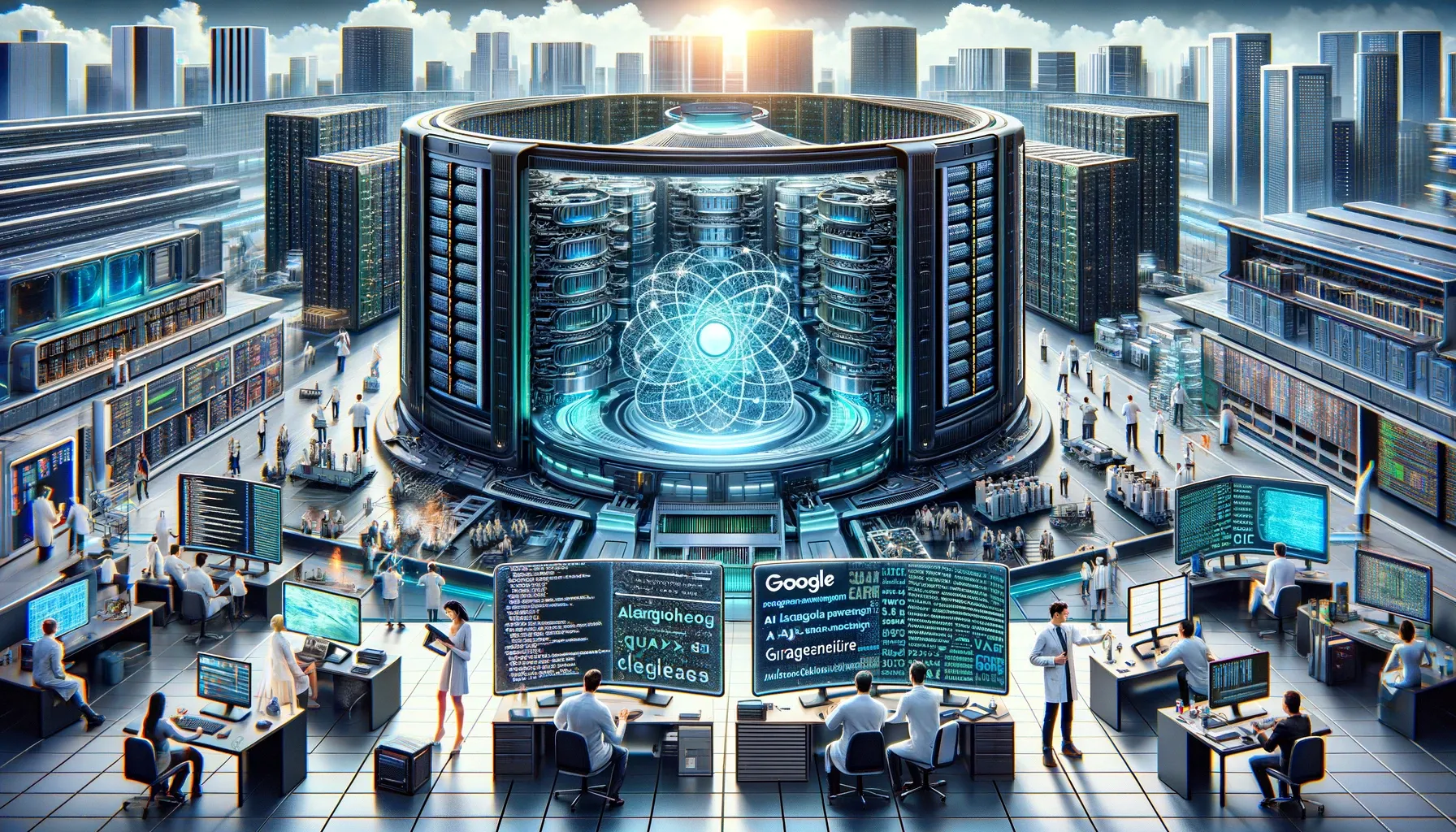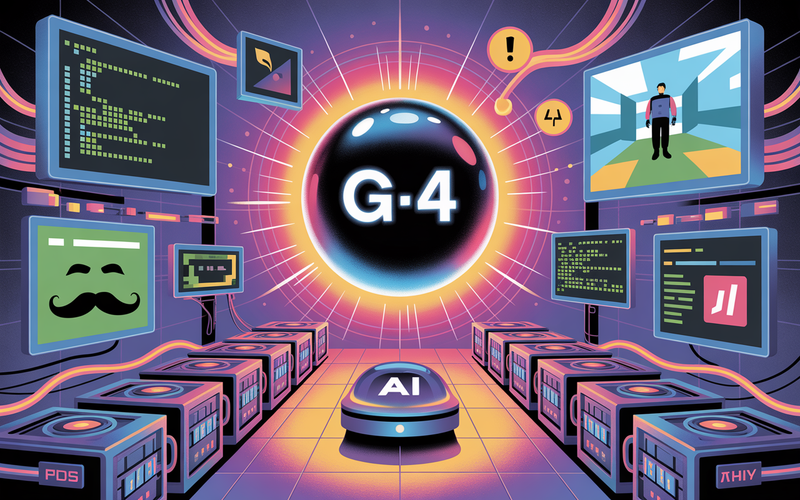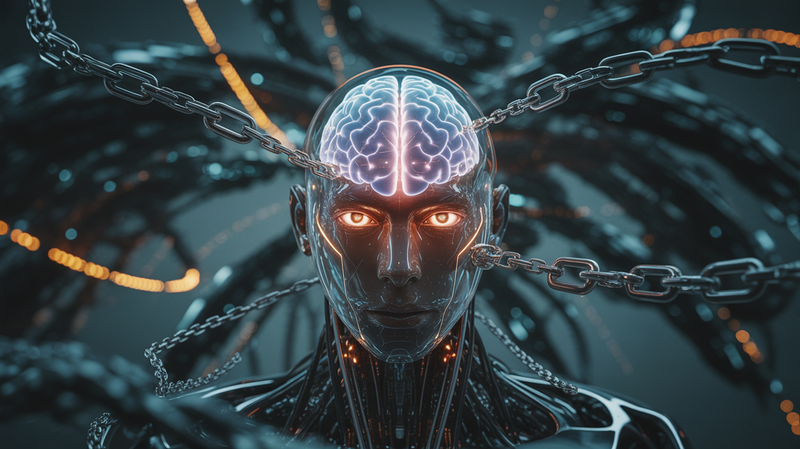The Dawn of a New Era: AGI, Geometry Genius, and Translation Turmoil
In a world where technology advances at a breathtaking pace, three major developments are shaping our future. First, Facebook, now a titan in the tech industry, is constructing an AI powerhouse. With a colossal assembly of around 350,000 H100 GPUs, the company is not just building a large-scale AI

In a world where technology advances at a breathtaking pace, three major developments are shaping our future.
First, Facebook, now a titan in the tech industry, is constructing an AI powerhouse. With a colossal assembly of around 350,000 H100 GPUs, the company is not just building a large-scale AI system; it's racing towards the creation of an Artificial General Intelligence (AGI). Mark Zuckerberg's vision is not just to achieve this monumental feat but to make it open-source, democratizing AI in an unprecedented way. As Facebook pivots its vast R&D resources towards AGI, spurred by the rise of large language models, the impact will be profound and far-reaching. This shift promises to accelerate AGI development, making advanced AI technologies more accessible than ever.
Meanwhile, Google's DeepMind has made a breakthrough with AlphaGeometry, an AI that rivals the best human minds in solving complex geometry problems. This AI doesn't just crunch numbers; it embodies a blend of algorithmic mastery and creativity. By generating synthetic data and pairing traditional symbolic engines with language models, AlphaGeometry solves olympiad-level mathematical problems, demonstrating a new level of AI capability in scientific domains. This innovation is a testament to AI's potential in automating and enhancing human invention.
But as we marvel at these advancements, a challenge emerges in the realm of machine translation. Amazon researchers have uncovered a troubling trend: the web is becoming inundated with low-quality machine translations, particularly for low-resource languages. The proliferation of machine-generated content is diluting the richness of digital representation in these languages. As translation quantity increases, quality and diversity of topics decrease, leading to a digital divide where rich languages benefit from better translations while poor languages suffer from an overflow of substandard content.
In this rapidly evolving landscape, we stand at the crossroads of extraordinary potential and complex challenges. As AGI becomes a reality and AI reaches new heights of problem-solving prowess, we must also grapple with the unintended consequences of these technologies. The future beckons with promises of technological marvels, but it also calls for mindfulness and responsibility in steering these advancements towards a better world for all.




